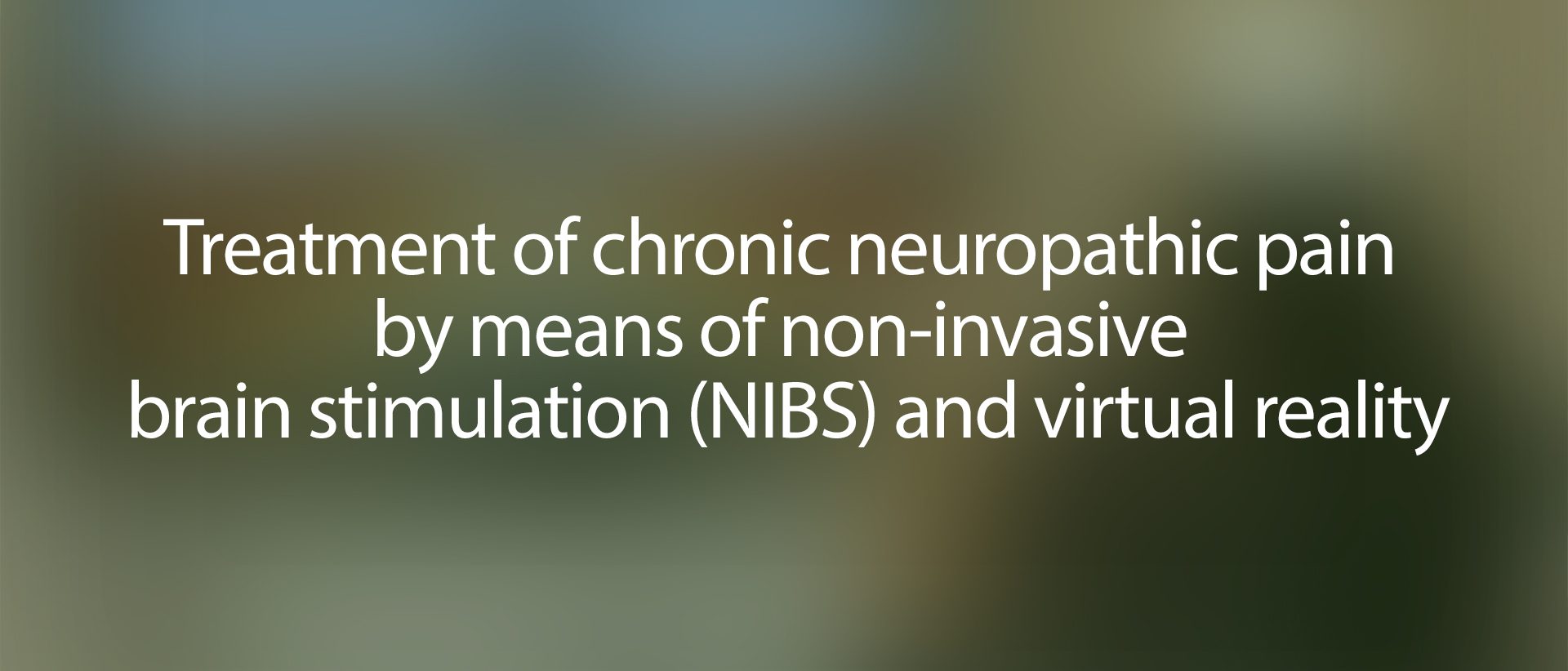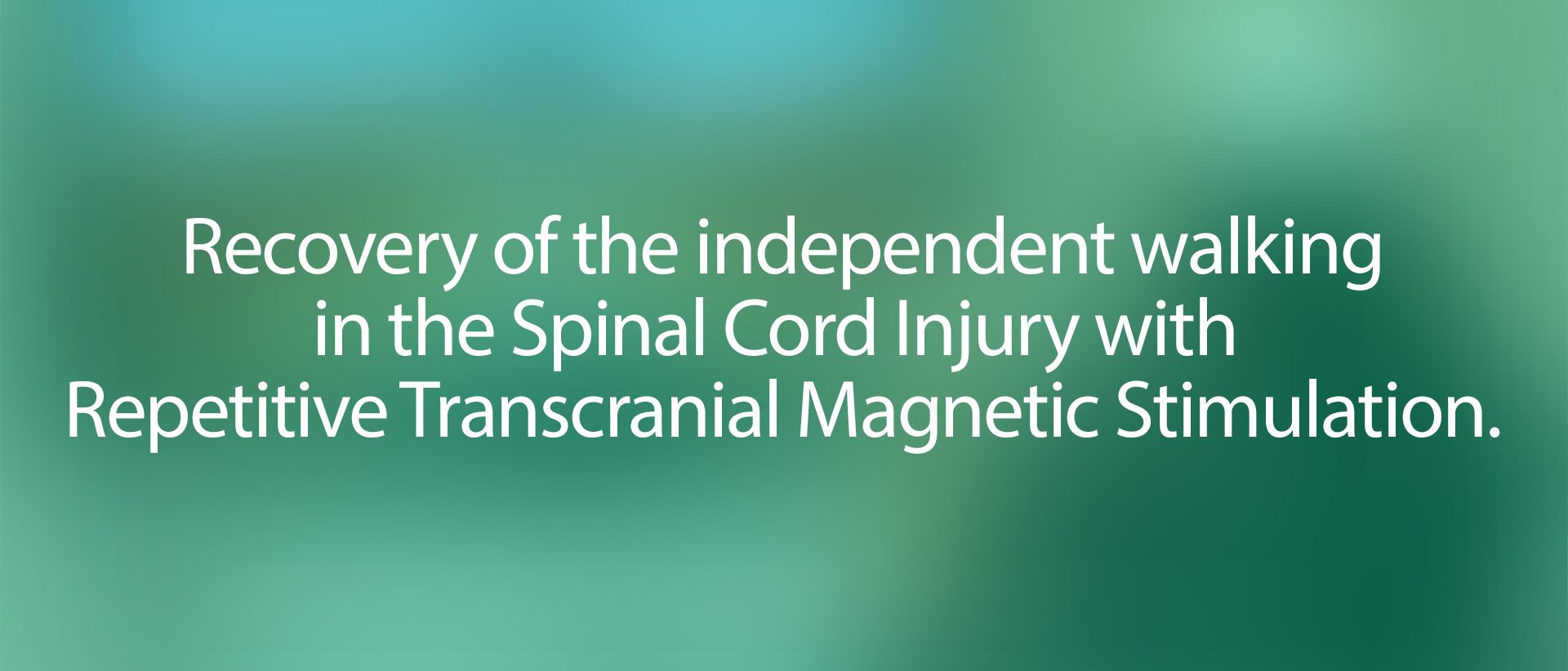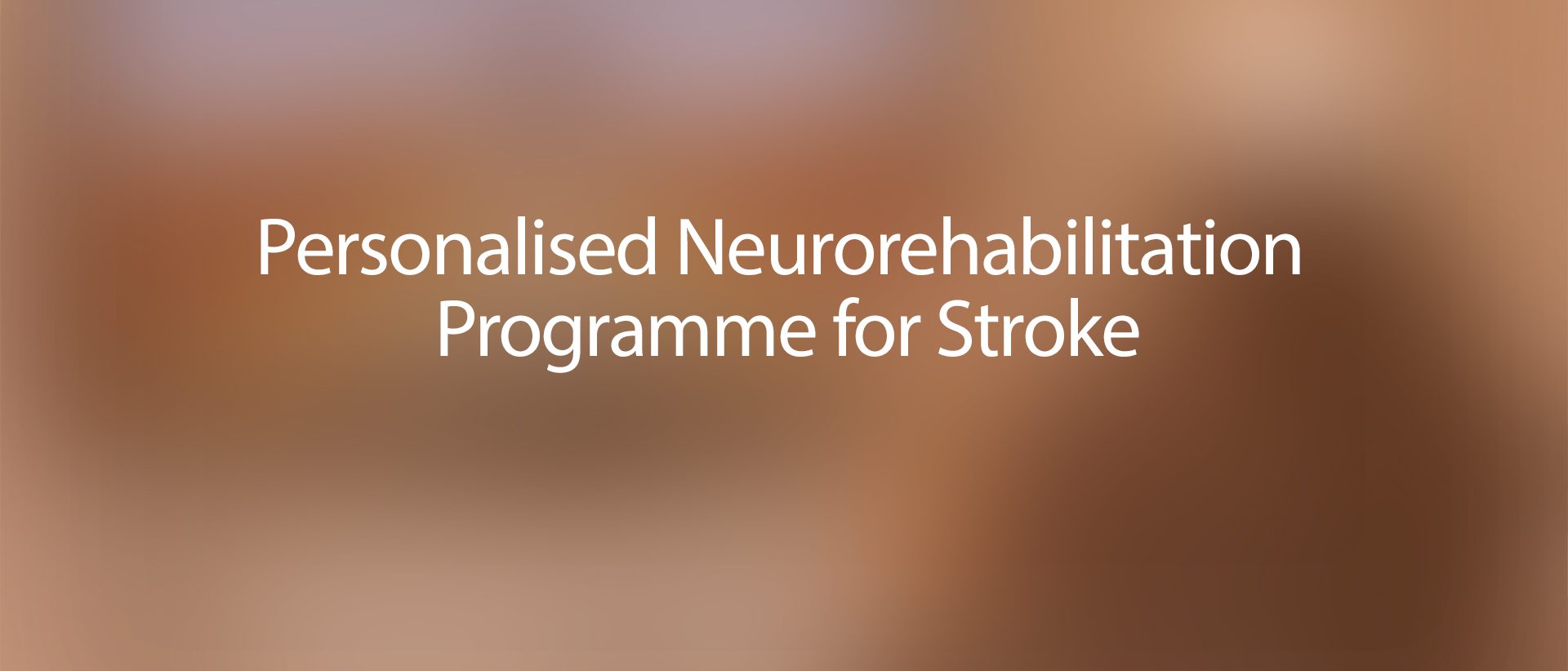
 What is it?
What is it?
Facial dystonias involve, among other symptoms, involuntary and sustained contractions of the muscles around the eyes; in some patients these spasms sometimes radiate out towards the nose, the face and even the neck area.
This is a rare disease that affects only one in 20,000 people and with varying intensity. The visual consequences are obvious and in some cases functionally disabling, in addition to the psychological issues caused by the fact that it affects the face.
 Who is it for?
Who is it for?
This programme is aimed at patients with blepharospasm and non-responsive facial dystonias or using botulinum toxin to complement the treatment of choice. The rTMS does not exclude infiltration with the toxin and the two can be done over the same period of time. It is not recommended in patients with uncontrolled epileptic seizures, with implanted electronic devices (valves, pacemakers…) or with cognitive and/or behavioural problems.
It is not recommended in patients with uncontrolled epileptic seizures, with implanted electronic devices (valves, pacemakers…) or with cognitive and/or behavioural problems.
 Techniques used
Techniques used
Transcranial magnetic stimulation (TMS) allows us to modulate the activity of the cerebral cortex painlessly and safely. This modulation capacity has been shown to be useful in the treatment of blepharospasm and facial dystonia.
The treatment does not require anaesthesia and is a non-invasive technique which does not require sedation. If the patient is receiving treatment with botulinum toxin, it does not interfere with treatment with TMS.
 Type of intervention
Type of intervention
- Initial assessment to determine the patient’s suitability for the treatment, as well as guidelines for and duration of the same.
- Magnetic resonance imaging (MRI) will be needed to help locate the optimal stimulation point.
- The treatment consists of ten 30-minute sessions (Monday to Friday, morning and afternoon) of TMSr.
- Final assessment interview at the end of the treatment with a written report with guidelines and final recommendations.
 Request more information by clicking here
Request more information by clicking here





